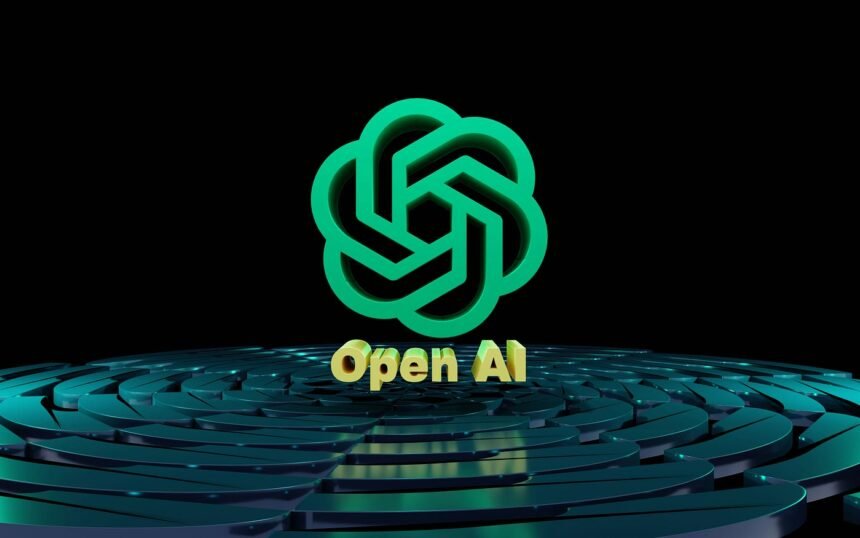Social-Emotional Learning (SEL) is an important aspect of education that focuses on developing a student’s ability to understand and manage their emotions, set and achieve positive goals, feel and show empathy for others, establish and maintain positive relationships, and make responsible decisions.
While SEL programs have been implemented in schools across the United States, they often fail to include students with disabilities. This exclusion can have a significant impact on the educational and social-emotional development of these students.
One of the main reasons why SEL programs tend to leave out students with disabilities is due to a lack of understanding of their needs. Educators may not be aware of these students’ specific emotional and social challenges and may not have the necessary training or resources to support them.
For example, students with autism may struggle with interpreting social cues and expressing their emotions, while students with intellectual disabilities may have difficulty understanding abstract concepts.
Another reason for excluding students with disabilities is the lack of accessibility in SEL programs. Many SEL programs are designed for typical students and may not include students with disabilities. For example, SEL activities that require verbal communication may be difficult for students who are deaf or hard of hearing. In contrast, visual aids and hands-on activities may be more effective for students with intellectual disabilities.
The lack of inclusion in SEL programs can harm the academic and social-emotional development of students with disabilities. These students may struggle with forming positive relationships, managing their emotions, and making responsible decisions, which can lead to further social and emotional challenges.
Additionally, students with disabilities who are not included in SEL programs may experience feelings of isolation, low self-esteem, and a lack of belonging, which can negatively affect their overall well-being.
Social-Emotional Learning
To address these challenges, educators and administrators need to recognize the importance of SEL for all students, including those with disabilities. They can do this by:-
1. Providing training and resources for educators to understand better the social-emotional needs of students with disabilities and how to support them.
2. Designing SEL programs that are accessible and inclusive for all students, regardless of their abilities.
3. Creating a welcoming and supportive environment for all students, where they feel valued and accepted for who they are.
4. Encouraging students with disabilities to take an active role in their social-emotional development and providing them with the tools and resources they need to succeed.
By taking these steps, educators can ensure that all students, including those with disabilities, receive the support they need to develop the social-emotional skills necessary for success in school and beyond.
Analysis
While Social-Emotional Learning is a crucial aspect of education, it often leaves out students with disabilities, which can harm their academic and social-emotional development.
Educators need to recognize the importance of SEL for all students and take steps to make these programs accessible and inclusive for all students, regardless of their abilities. With the right support, students with disabilities can develop the social-emotional skills they need to succeed and lead fulfilling lives.













